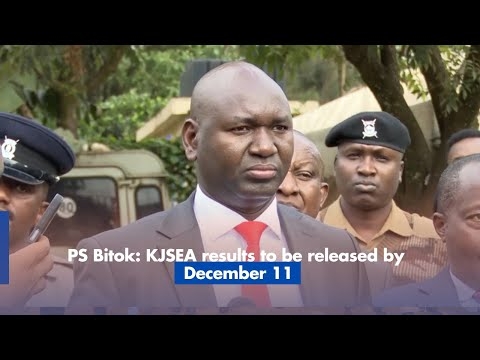Rain is still teasing villagers when it's needed most. Signs of approaching rain have sometimes been furious. The false fury often sends market women out of vegetable stalls earlier than usual.
Motorcycle riders scamper away, with traders escaping the approaching storm, against the background of roaring thunder.
Rattling lightning and pregnant skies send cattle traders out of livestock auction centres, as mitumba sellers complain of a market day dispersed earlier than usual.
Market-goers run helter-skelter when rain seems to be coming cats and dogs. But not all clouds cry rain. The wait has been long, dry, dreary, and dusty.
Times were when the rainy season was predictable. April was the weeding season when schools closed for first term. It was a time of short-lived famine. The rains fell long enough to support a rich harvest.
August was the season of harvest when schools closed for the second term. Maize, millet, beans, groundnuts, peas and green grams were plenty. Nature was bounteous. Hard work produced rich results.
December was the season of picking cotton, especially in the Lake Victoria Basin and parts of Ukambani.
Mitumba importers killed cotton-growing. Climate change drove the final nail on a cash crop that held key to peasant incomes and value-addition jobs.
Yet hope for a better season still lives.
The anxiety has been pregnant with hope. The kind of hope that can only be found among resilient rural peasants. Children of peasants, or close relatives, especially of those in the cities, also possess this inherited capacity to hope.
The resilience of the peasantry is legendary. Subsistence farmers don't surrender to adversities. They look forward to the next season, even after serial partial or total crop failures.
The peasantry rarely idles even when rains fail. Any harvest from overused land is a godsend, no matter how far it falls below expectations.
The news that makes cents to city villagers – of peasantry pedigree - is report that it rained in the village last night. They get excited when the news of rainfall is the salutation.
When it rains, the money sent to the village for buying water will be spent on other basic needs. Improved harvest means less will be spent on village dependants.
This year the waiting for rain has been longer. Five lost crop seasons means food insecurity is worse than it's been in years. It's disoriented owners of state power.
The impatience saw owners of 'UDA PLC' call off-season and off-tune prayers for rain, last month. The petition for divine intervention lacked a scientific hue. The petitioners did not listen to discordant weather forecasters.
After inheriting failed planning from successive regimes, shareholders of UDA Ltd find themselves holding the wrong end of the climate change stick. Instead of planning and investing in climate change mitigation, adaptation and resilience, wielders of power have been rich in promises, plans and policies that don't translate into measurable local actions.
They are still planning to build multi-purpose dams in every constituency which should have been done in the 1960s. The promise of water for all homesteads by the turn of the millennium is still a dry-piped dream.
The promise of irrigated agriculture is still a policy statement trapped between yellowing pages in government offices.
The three key national challenges identified at Independence have since multiplied. Ignorance, disease and poverty have acquired more siblings – climate change, unemployment and corruption.
Corruption remains the official reverse driver of national miss-planning. Call for national anti-corruption prayers, please.













